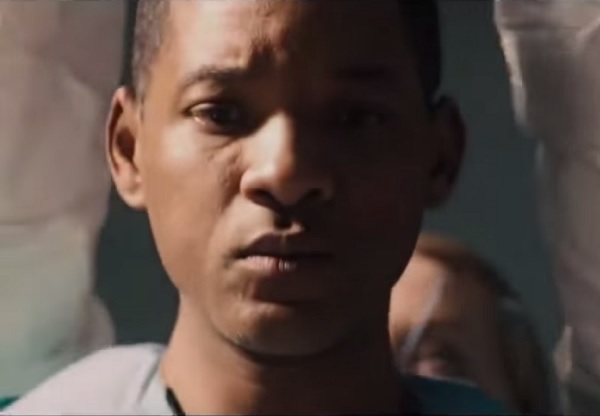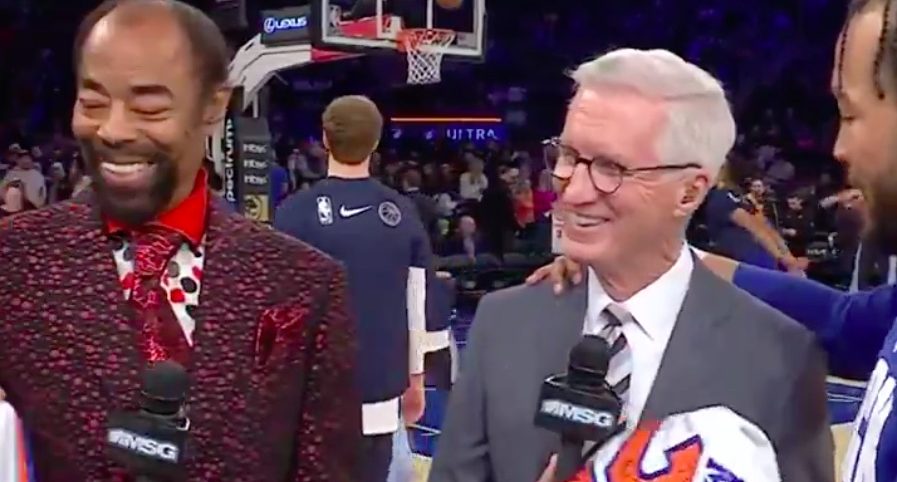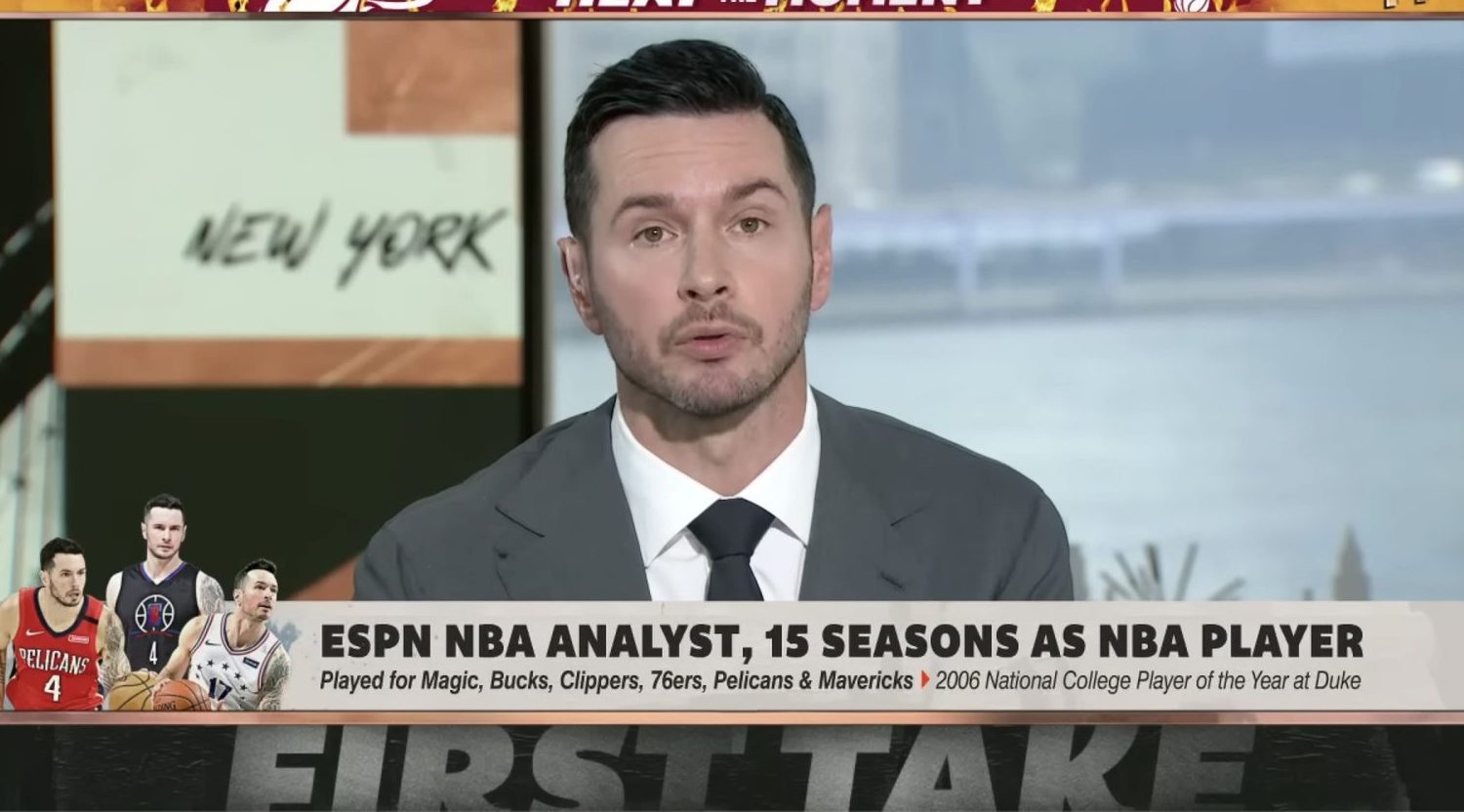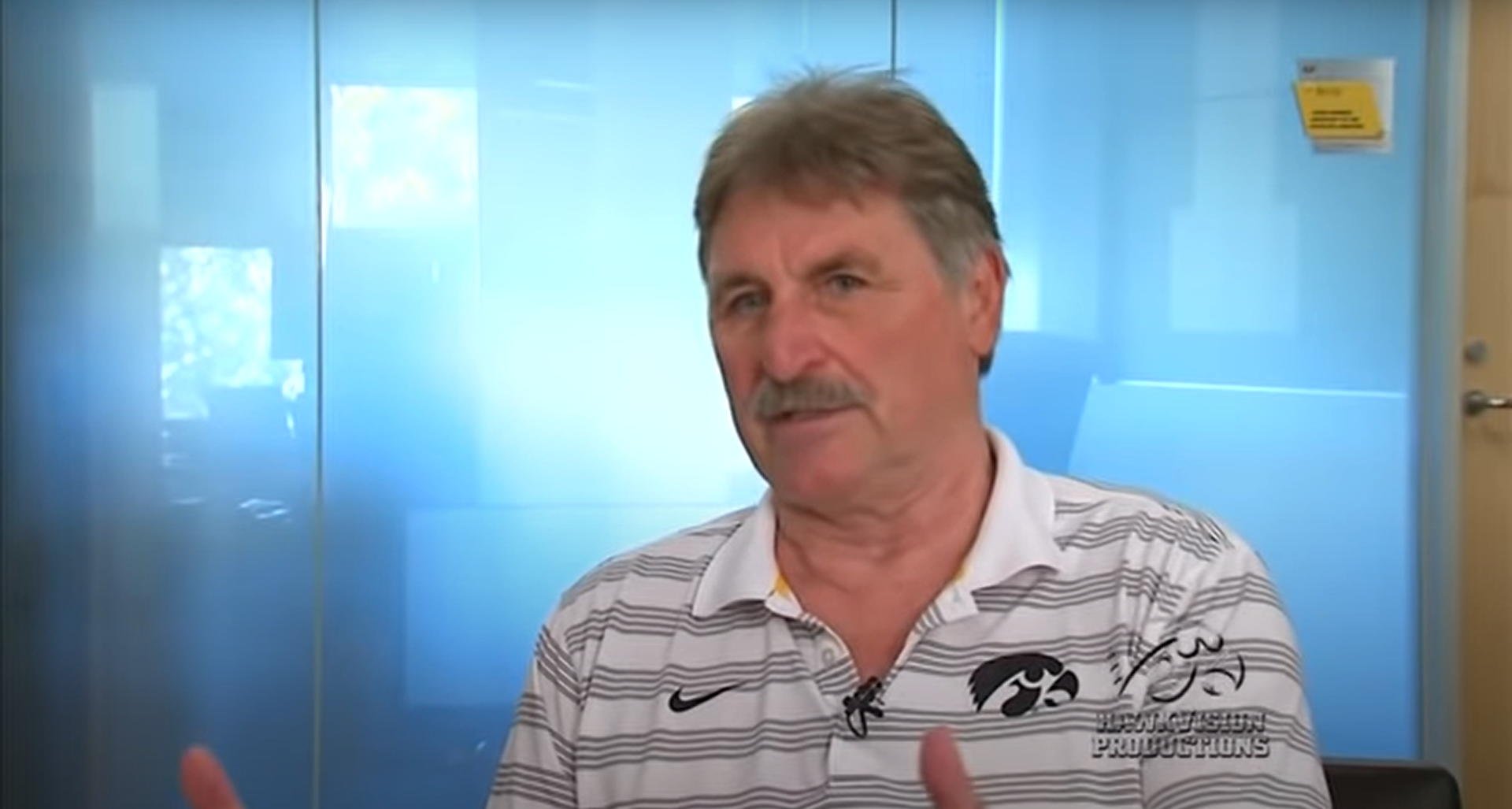When the trailer for Concussion was released this week, some openly wondered if this could be the sort of movie that called greater attention to a powerful corporate scandal brought to light by a whistle-blower, much like 1999’s The Insider did with the tobacco industry. Upon watching the preview, the prevailing thought seemed to be that this would be the film that the NFL doesn’t want any of us to see.
But the upcoming film starring Will Smith as Dr. Bennet Omalu, the forensic pathologist who first discovered the degenerative brain disease known as CTE, might not be as tough and uncompromising toward the NFL as originally hoped. According to the New York Times‘ Ken Belson, Sony Pictures cut some scenes from the script that may have been viewed as antagonistic and left the studio open to action from the NFL. So for anyone wondering whether the NFL was powerful enough to have this story changed, the answer appears to be yes — even if the influence was indirect.
The emails and documents that were exposed during last November’s Sony hack revealed several messages exchanged between studio executives, director Peter Landesman and Smith’s representatives discussing changes that could be made to the script and how the marketing should be approached to avoid angering the NFL. Among the suggestions were to sell Concussion more as a story about Omalu and his efforts to bring attention to CTE, rather than an outright criticism of football and the NFL.
If you watch the trailer again, you can see how those ideas have been implemented. The beginning moments of the trailer portray Omalu’s story, who pursued the American dream of coming to this country and fulfilled his ambitions in medicine. But that’s also intercut with the very American sport of football, and those affected by what Omalu’s work has uncovered.
This establishes the film’s narrative. As someone who believed America represented the upper reaches of prosperity and possibility, yet didn’t grow up here, he wishes he wasn’t the one to make this discovery. But as the man who did, it’s his responsibility to draw attention to the brain trauma and disease caused by football’s intense contact. It’s more about Omalu, not necessarily what the NFL knew or didn’t know, or might have tried to cover up.
As one of the Sony executives said in an email quoted by Benson, “rather than portray the N.F.L. as one corrupt organization can we identify the individuals uals within the N.F.L. who were guilty of denying/covering up the truth.”
Any hint of interference or influenced from the NFL brings back memories of the league leaning on ESPN to back out of its involvement with PBS’ League of Denial documentary or to cancel the controversial series Playmakers. What makes this strange is that Sony isn’t partnered with the NFL like ESPN is. So why take such preventative measures?
But if the decision was to eliminate any sort of dramatic license that could be taken or played up for shock value, and instead stick as closely to the facts as possible and let that story be told, then the movie could still accomplish its presumed objective. Ideally, any cuts or softened edges aren’t completely obvious when Concussion opens in theaters on Dec. 25.








Comments are closed.